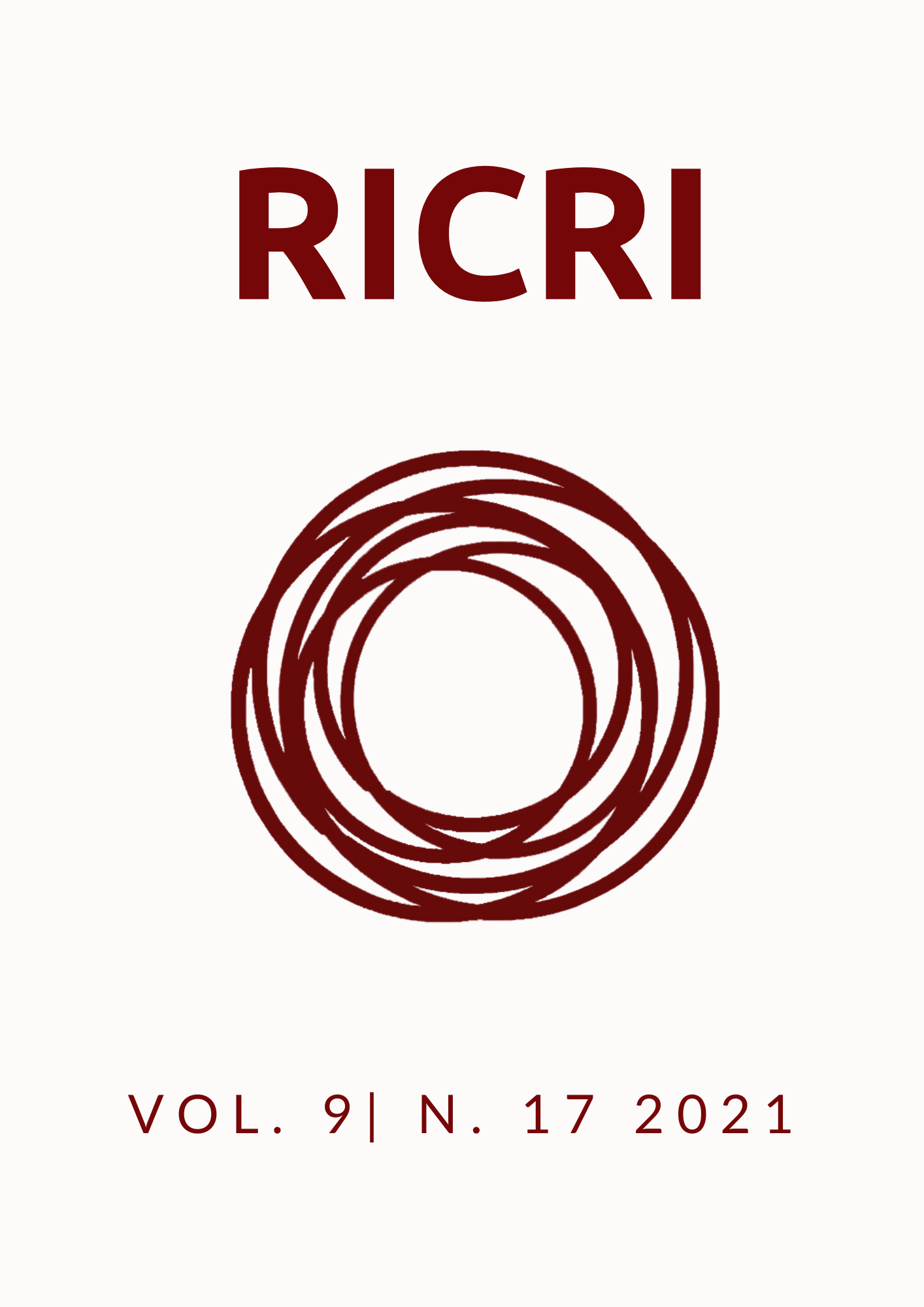A internacionalização do BDS
Uma análise comparada entre as táticas de resistência não-violenta da África do Sul e da Palestina
DOI:
https://doi.org/10.22478/ufpb.2318-9452.2021v9n17.59065Abstract
The following article is disposed to discuss the Boycott Development and Sanctions (BDS) movement in the context of the Israeli-Palestinian conflict, as a Non-violent Resistance tactic aimed to respond to territorial and human rights violations perpetuated by the State of Israel. Based on a comparative analysis of the Palestinian and South African backgrounds, it is intended to point out similarities and disparities in the BDS internationalization process, in order to further investigate the role of the movement and international society in unlocking negotiations, in view of the failed attempts to advance the peace processes. The work seeks to point out a causal link between the mobilization of global civil society in South Africa and Palestine with apartheid, a key element for the consolidation and concretization of the BDS movement, wielding the qualitative method - making use of the methodological process of bibliographic review and documentary analysis - to support the so-called Theory of Power, one of the bases of Non-Violent Movements, in the search for a decolonial look at the Theory of Conflict Resolution, when applied to the Israeli-Palestinian conflict.
Downloads
Published
How to Cite
Issue
Section
License
Copyright (c) 2021 Journal of Scientific Initiation on International Relations

This work is licensed under a Creative Commons Attribution-NonCommercial 4.0 International License.
Authors who publish with this journal agree to the following terms:
a. Authors retain copyright and grant the journal right of first publication with the work simultaneously licensed under a Creative Commons Attribution License that allows for sharing of work with acknowledgment of its initial publication in this journal.
b. Authors are able to take on additional contracts separately for non-exclusive distribution of the version of the work published in this journal (e.g., post it to an institutional repository or as a book), with an acknowledgment of its initial publication in this journal.
c. Authors are permitted and encouraged to post their work online ( eg, in institutional repositories or on their website) at any point before or during the submission process, as it can lead to productive exchanges , as well as increase the impact and citation of published work ( See the Effect of Open Access).




